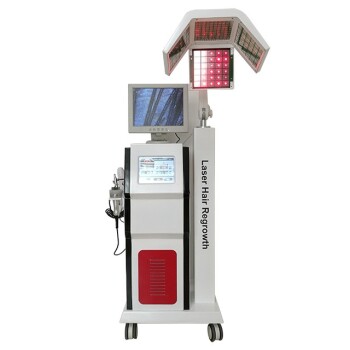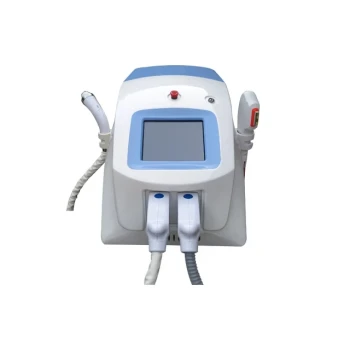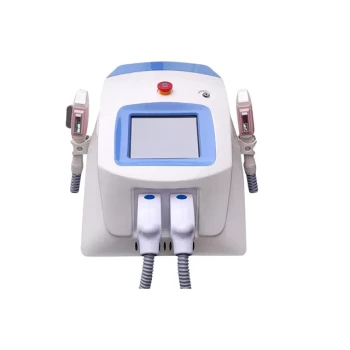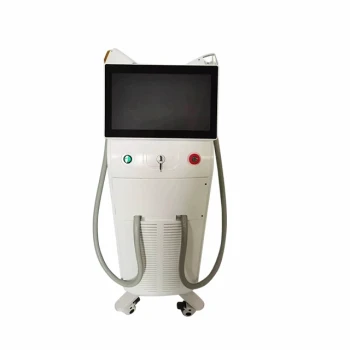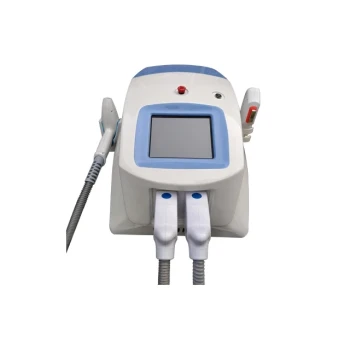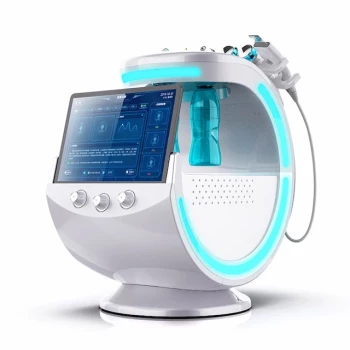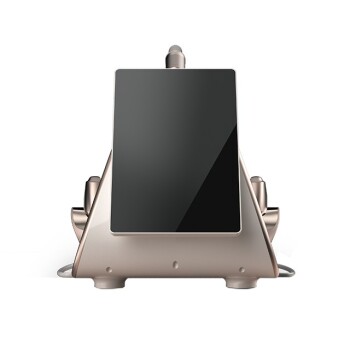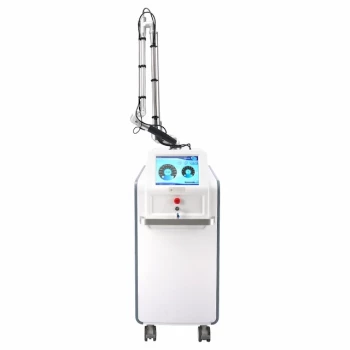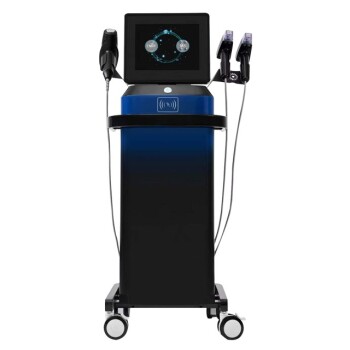Yes, but their effectiveness depends entirely on the root cause of your hair loss. Certain products have strong clinical evidence, but they are not one-size-fits-all solutions. The most effective options fall into two distinct categories: FDA-approved topical treatments that stimulate follicles and high-quality nutritional supplements that address internal deficiencies.
The most critical step is not choosing a product, but correctly identifying the underlying reason for your hair thinning. Mismatched treatments are the primary reason people believe "nothing works." A consultation with a dermatologist is the most reliable path to an accurate diagnosis and an effective plan.
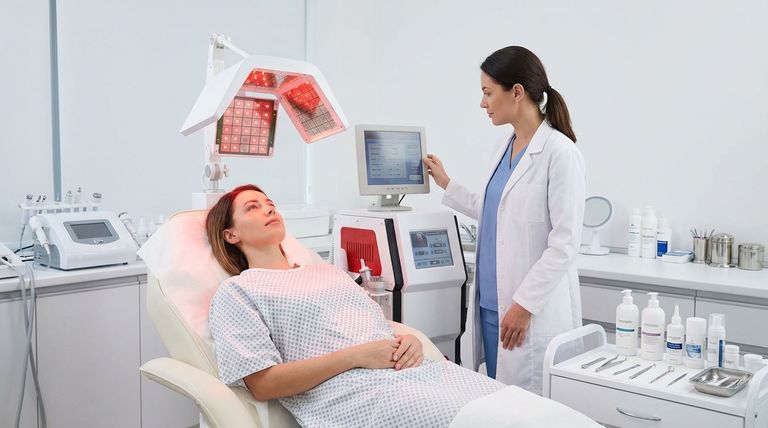
Understanding the "Why": Two Primary Causes of Hair Loss
Before evaluating any product, you must understand what problem you are trying to solve. Most non-scarring hair loss stems from one of two core issues.
Hormonal and Genetic Factors
This is the most common cause, known as androgenetic alopecia (male or female pattern baldness). It is driven by a genetic sensitivity to a hormone called dihydrotestosterone (DHT), which can shrink hair follicles over time.
Treatments for this condition are typically aimed at either protecting follicles from DHT or stimulating them to counteract the shrinking effect.
Nutritional Deficiencies and Stress
Your body treats hair as a non-essential tissue. During periods of intense stress (telogen effluvium) or when you lack key nutrients, it diverts resources away from hair follicles to support vital organs.
This can lead to diffuse thinning. Key deficiencies often involve iron, vitamin D, zinc, and B-vitamins like folic acid. Supplements are designed to fill these specific nutritional gaps.
A Breakdown of Clinically Recognized Options
Dermatologists consistently point to a small group of products because they are backed by clinical data targeting the causes mentioned above.
FDA-Approved Topical Treatments: Minoxidil (Rogaine)
Minoxidil, the active ingredient in Rogaine, is an FDA-approved drug for treating androgenetic alopecia. It is a vasodilator, meaning it widens blood vessels.
This process is believed to increase blood flow to hair follicles, delivering more oxygen and nutrients. It also helps to prolong the anagen (growth) phase of the hair cycle, resulting in thicker, longer hair shafts over time.
Professional-Grade Nutraceuticals: Nutrafol & Viviscal
Products like Nutrafol and Viviscal are best described as professional-grade dietary supplements or "nutraceuticals." They are not drugs but rather complex formulas designed to support the internal environment needed for healthy hair.
They typically contain a blend of vitamins, minerals, and botanical extracts (like saw palmetto or marine collagen) that aim to reduce inflammation, combat stress hormones, and fill nutritional deficiencies that contribute to hair thinning.
Foundational Supplements: Folic Acid & Prenatal Vitamins
Folic acid (a B-vitamin) is crucial for healthy cell generation, including the cells that form hair. A deficiency can directly impact hair growth.
Prenatal vitamins contain folic acid along with other key nutrients like iron, which are often depleted during and after pregnancy, a common time for women to experience hair loss. They are effective when a specific, known deficiency is the cause.
Understanding the Trade-offs and Setting Expectations
Navigating hair growth treatments requires realism and a clear understanding of the limitations. Marketing promises often obscure the practical realities.
The Critical Role of a Dermatologist
Self-diagnosing the cause of your hair loss is extremely difficult. A dermatologist can perform a scalp examination and order blood work to distinguish between genetic hair loss, a nutritional deficiency, a thyroid issue, or another underlying medical condition. This diagnosis is essential for effective treatment.
Consistency is Non-Negotiable
All effective treatments require patience and consistency. Results from Minoxidil or nutraceuticals typically take 3-6 months to become visible. Furthermore, these benefits persist only as long as you continue the treatment. If you stop, your hair will likely revert to its previous state.
Supplements vs. Drugs: A Key Distinction
Minoxidil (Rogaine) is a drug regulated by the FDA, meaning its manufacturer had to provide rigorous clinical trial data proving its efficacy and safety for a specific condition.
Supplements like Nutrafol and Viviscal are not subject to the same FDA approval process. While these specific brands have invested in their own clinical studies to demonstrate effectiveness, the broader supplement market is filled with products that have not.
What to Avoid: The Unproven "Miracle Cures"
Be highly skeptical of shampoos, conditioners, or serums that promise to "regrow" hair without containing an FDA-approved ingredient like Minoxidil. While some may improve the appearance of existing hair, they typically cannot reverse clinically significant hair loss.
Making the Right Choice for Your Goal
Your strategy should be guided by a proper diagnosis. Use this framework to have an informed discussion with your doctor or dermatologist.
- If your primary focus is reversing diagnosed genetic pattern baldness: Discuss FDA-approved treatments like Minoxidil (Rogaine) as your first line of defense.
- If you believe your thinning is related to stress, diet, or overall wellness: Explore a comprehensive nutraceutical like Nutrafol or Viviscal and request blood work to identify specific deficiencies.
- If you have a known nutritional deficiency or are pregnant/postpartum: Ask your doctor if a targeted supplement like folic acid or a prenatal vitamin is the right solution for you.
Ultimately, taking control of hair loss begins with seeking expert diagnosis, not just a product.
Summary Table:
| Product Type | Best For | Key Mechanism | Key Consideration |
|---|---|---|---|
| FDA-Approved (Minoxidil) | Genetic/Pattern Hair Loss | Stimulates follicles, increases blood flow | Requires consistent use; results in 3-6 months |
| Nutraceuticals (Nutrafol, Viviscal) | Stress, Diet, Nutritional Deficiencies | Addresses internal deficiencies, reduces inflammation | Not FDA-approved as drugs; look for clinical studies |
| Foundational Supplements (Folic Acid) | Specific Deficiencies, Postpartum | Supports healthy cell generation for hair growth | Effective only if a specific deficiency is the cause |
Ready to Find Your Effective Hair Growth Solution?
Struggling to navigate the overwhelming world of hair growth products? The key to success is a precise diagnosis and a targeted treatment plan.
BELIS specializes in providing medical aesthetic clinics and premium beauty salons with professional-grade equipment and expert guidance. We help professionals like you offer clients effective, evidence-based solutions for hair restoration.
Partner with BELIS to enhance your service offerings and deliver real results to your clients.
Contact our experts today to discuss how our professional solutions can support your practice's success.
Visual Guide

Related Products
- Multifunctional Laser Hair Growth Machine Device for Hair Growth
- Multifunctional Laser Hair Growth Machine Device for Hair Growth
- IPL SHR+Radio frecuency machine
- IPL SHR Hair Removal Machine for Permanent Hair Removal
- Diode Tri Laser Hair Removal Machine for Clinic Use
People Also Ask
- What have clinical studies shown about the effectiveness of laser hair therapy? Scientific Proof for Hair Growth
- What are the important considerations for maximizing the results of laser hair growth treatment? Guide to Better Results
- What are the listed benefits of laser hair growth therapy? Boost Volume & Scalp Health with Non-Invasive Technology
- Are there any known side effects associated with using LLLT for hair loss? Discover This Safe, Non-Invasive Solution
- What is the function of setting a high energy density between 50-150 J/cm²? Master Nd:YAG Alopecia Protocols
